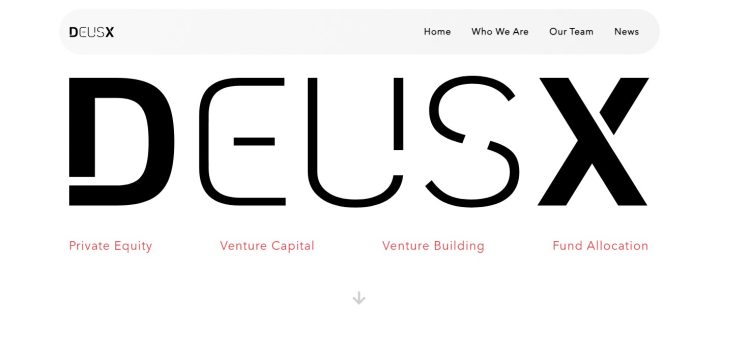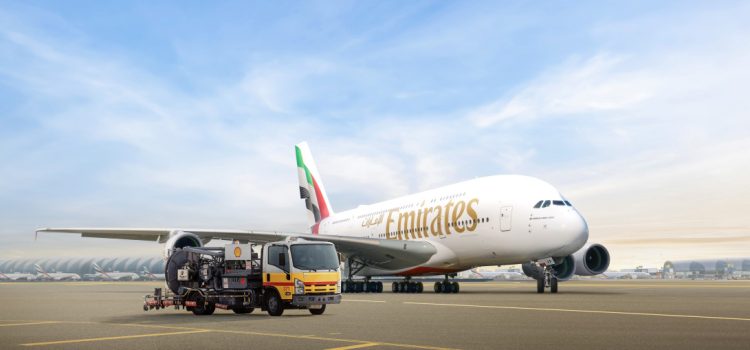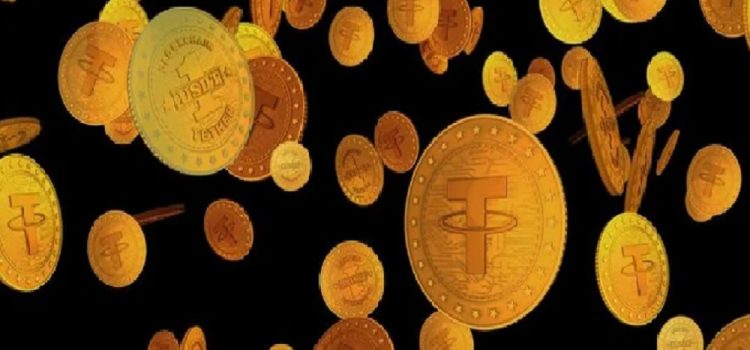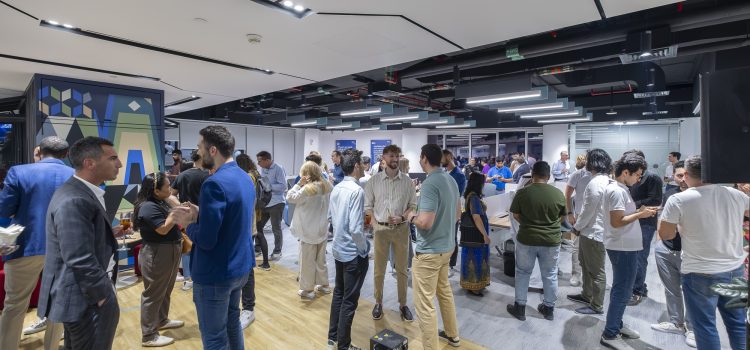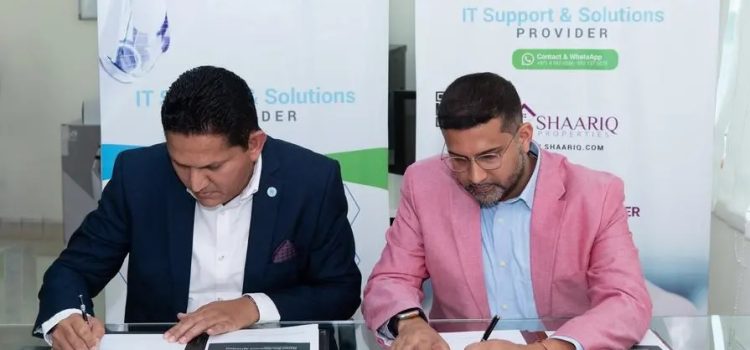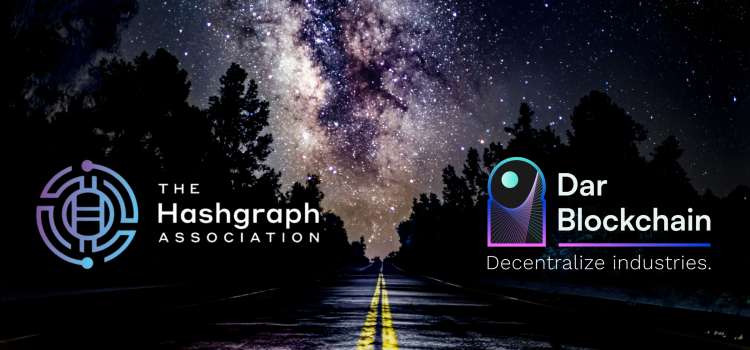
UAE based Blockchain, VR, NFT enabled physical theme park builder has received millions of dollars in investment from KSA’s sovereign fund backed Riyadh Seasons. The majority of the $55million raised came from Riyadh Seasons. U.S. based Galaxy Interactive, venture capital firm focused on gaming, led the latest funding round, which includes other international investors.
Founded by Alexander Heller in 2020, Hyperspace is building physical theme park attractions that are blockchain-enabled and extended reality-native, with it making use of cutting-edge emerging technologies, spatial compute layers, real life virtual effects, and non-fungible token (NFT) projects
Heller sees them as physical front ends to the metaverse, with visitors to these venues making use of the developed technologies to access everything from surreal-istic playgrounds and immersive neighborhoods, to virtual production stages containing holographic super cars and high-end digital fashion.
HyperSpace had raised $11 million in equity in 2021 allowing it to scale its operations. At the time Heller noted, “In a world where blockchain, spatial computing, digital identity, and growth in the gaming and social media sector took meteoric steps in 2021, HyperSpace has rooted itself in building towards a future where these trends find place in the amusement attractions industry.”
In Q3 of 2023 Hyperscale will launch in Dubai Mall the House of Hype after it successful launched its first Immersive AYA space in Wafi Mall where nearly half a million enthusiasts paying $34 to enter its 40,000-square-foot park.
According to the Financial Times article KSA Riyadh Season, a government-backed entertainment initiative under the auspices of the sovereign wealth fund, has invested the majority of the $55mn of debt and equity raised by HyperSpace. Riyadh Season is led by Turki al-Sheikh, who chairs the General Entertainment Authority.
HyperSpace is launching House of Hype in Riyadh in November. The Riyadh-based company plans to expand in Saudi Arabia and beyond to the US. “There’s a big focus on expanding the business” to the rest of the world, Heller says in the interview with FT.
He adds, “Riyadh was a uniquely attractive partner, Heller said, given the importance of shopping centers to Saudis, who are also highly engaged in social media. HyperSpace is keen to be behind the push to attract consumers back to shopping malls, which have been hit by a rise in online shopping. Our parks adapt the best ingredients of video games, social media, and Web3 culture; translating them into future forward entertainment attractions.”











